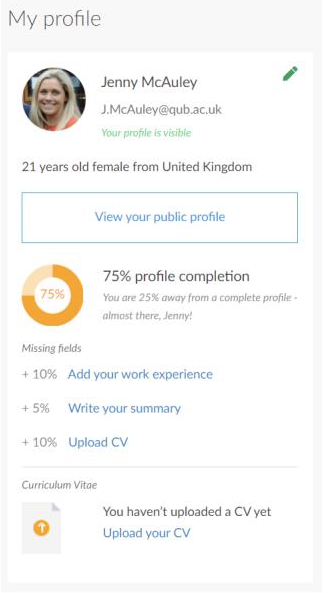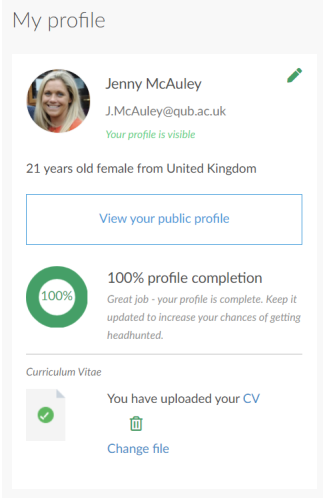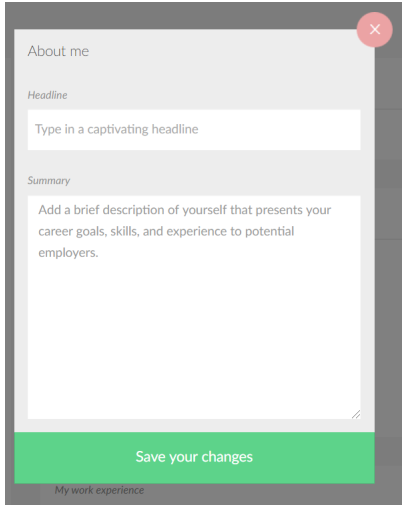Is it right for you?
Do you want to be an integral part of maintaining national security now and in the future, whilst developing your skills and career within the Nuclear industry? Would you like the opportunity to have an exciting and varied career working with the most cutting edge technology? Then this Defence STEM (Science, Technology, Engineering, Maths) Undergraduate Sponsorship (DSUS) Scheme could be the opportunity you are looking for! This is a genuinely exciting time to join the Ministry of Defence (MOD) if you want to be at the heart of real Defence issues. You will get to work on a high profile and distinctive portfolio which is rarely out of the news and have a unique insight into the captivating world of nuclear. You will require an eagerness to learn, an inquisitive mind with a logical approach to problem solving, self-motivation, and the ability to learn from practical and theoretical studies. The scheme requires dedication from you to complete the remainder of your STEM degree and commit to work in the DNE for a minimum of 3 years after you graduate. If this sounds like you, then we want to hear from you!
During your studies:
If you are accepted onto this sponsorship scheme, whilst you study for your degree, we will:
- Pay your tuition fees (up to £9,250 each year for the remainder of your studies, to a maximum of 3 years).
- Pay you a bursary of £5,000 each year for the remainder of your studies.
- Organise paid work placements for you in a variety of locations across the UK – these placements are crafted to give you experience of the DNE that will be of value to your future career and to your development
Upon graduation:
On successful completion of your degree, we will appoint you to a permanent job within the DNE. Your contracted hours will be 37 hours per week. You will initially start as an Executive Officer (EO) (current minimum £27,080). At the 2-year point there may be an opportunity for you to re-grade (promote) to Higher Executive Officer (HEO) (current minimum £33,830). Roles are available in a variety of locations across the UK. We will continue to support you with professional development in order to maintain your skills and professional accreditations.
Who is eligible?
You must be studying for a degree in STEM (Science, Technology, Engineering, Maths) approved by the Engineering Council (engc.org.uk) OR be studying a degree from the list in the relevant advert. You can apply for this scheme at any stage of your studies from first to final year. You must be able to undertake paid work placements for up to 45 days during the summer. You must commit to work within the DNE on graduation and for a minimum of three years. Please note that this is an undergraduate scheme – so if you have already graduated, you will not be eligible.
Where are the opportunities?
The Defence Nuclear Enterprise (DNE) is made up of several government and industry organisations that sustain the UK’s nuclear deterrent. This includes the organisations, programmes, and people within government and industry that help deliver the UK’s nuclear capability. There are opportunities in Portsmouth, Bristol and Reading, each advertised under a separate reference number.
How to apply
Civil Service Jobs: civilservicejobs.service.gov.uk
Portsmouth: Navy Command Ref: 295665
Bristol: Submarine Delivery Agency (SDA) Ref: 295582
Reading: Atomic Weapons Establishment (AWE) Ref: 295643
Closing date for applications: 23:55 Monday 14th August For further information, contact DNO-DNE-Talent@mod.gov.uk






















